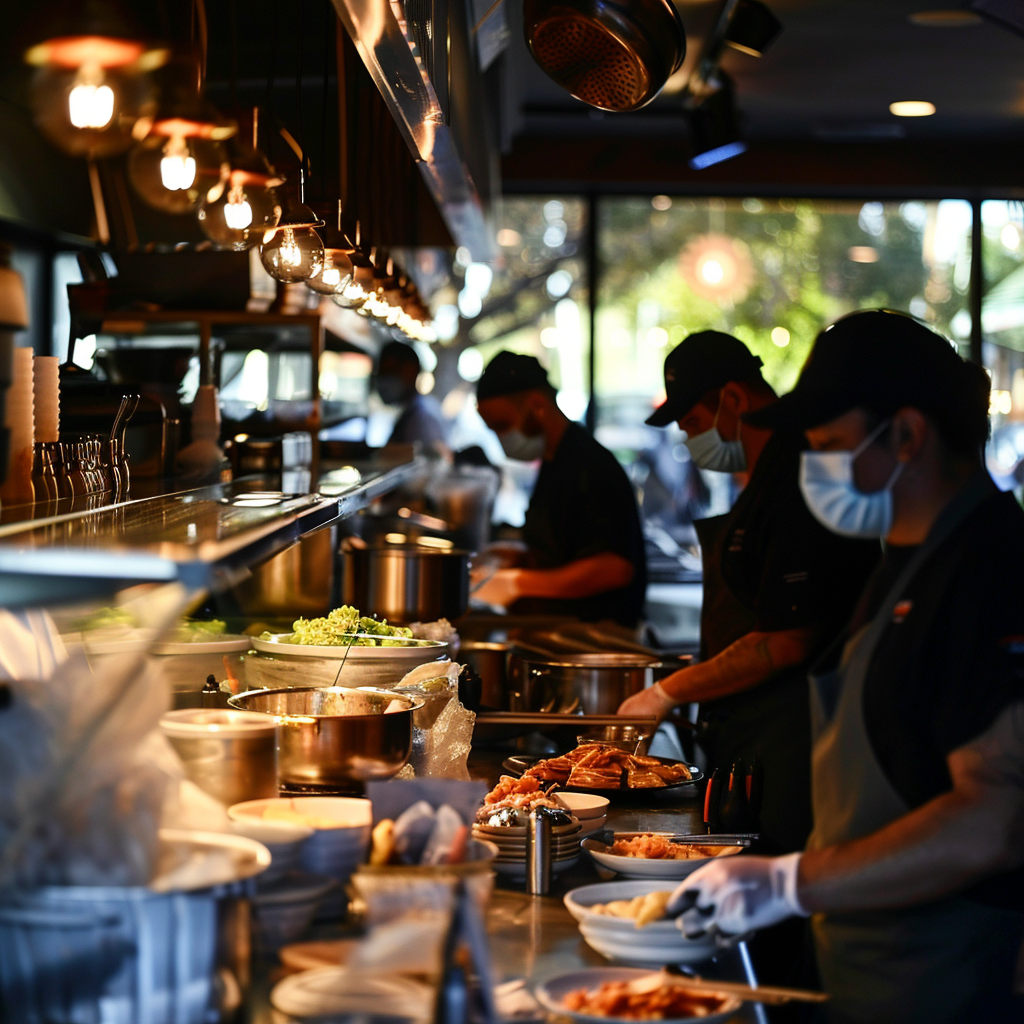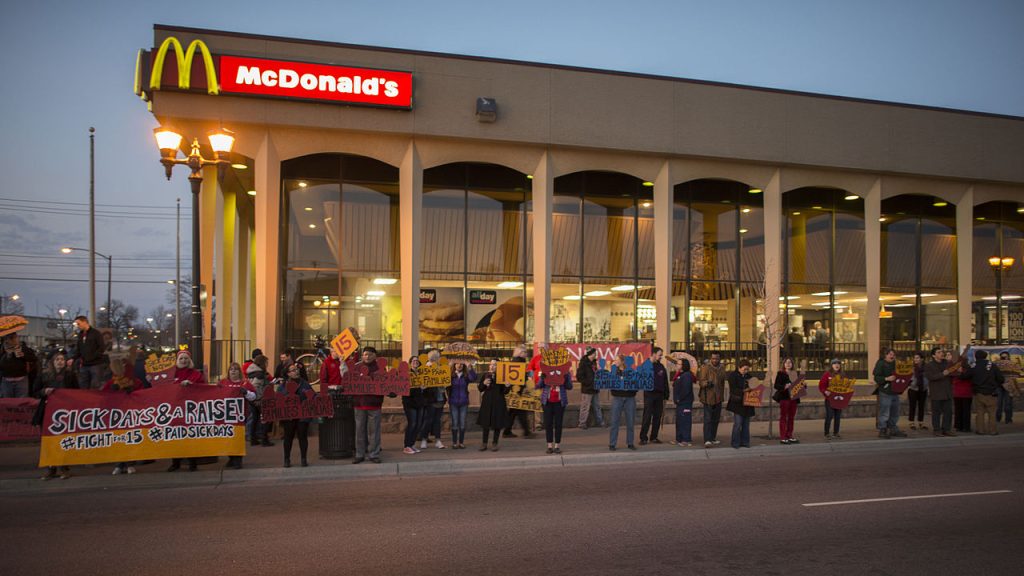California’s recent minimum wage hike to $20 per hour has stirred conversations across the state. However, one group notably absent from this increase are restaurant workers. Traditionally, they’ve been excluded from such wage hikes due to the assumption that tips supplement their income. Yet, recent trends suggest that relying solely on tips may no longer be sustainable.

The decision to exclude restaurant workers from the minimum wage increase in California stems from the longstanding practice of tipping. It’s been argued that tips make up a significant portion of their earnings, thus justifying their exclusion from the hike. However, this reasoning is being challenged as tipping habits evolve.

Over the past few years, there has been a noticeable downturn in tipping in many parts of the country, including California. This decline is attributed to various factors, including economic uncertainties and changes in consumer behavior. As a result, restaurant workers are finding it increasingly difficult to rely on tips to meet their basic needs.

The reliance on tips has also perpetuated inequality within the restaurant industry. Not all workers receive the same level of tips, leading to disparities in earnings. This has particularly impacted marginalized groups who may face discrimination from customers, resulting in lower tips.

The pandemic has exacerbated the challenges faced by restaurant workers. With many establishments forced to close or operate at reduced capacity, workers have seen a significant decline in their earnings. This has highlighted the vulnerability of relying solely on tips to make a living wage.

As tipping becomes less reliable, calls for including restaurant workers in minimum wage increases are gaining momentum. Advocates argue that it’s time to ensure that all workers, regardless of their industry, are guaranteed a fair and livable wage. Excluding restaurant workers from wage hikes perpetuates the notion that their work is somehow less valuable than others.

The exclusion of restaurant workers from the minimum wage increase contradicts the principles of equity and fairness. All workers contribute to the functioning of society and should be compensated accordingly. Denying restaurant workers a wage increase further entrenches the inequalities that already exist within the labor market.

Addressing the issue of restaurant workers’ wages requires a comprehensive approach. While increasing the minimum wage is a crucial step, it’s also important to examine other aspects of the industry, such as tipping practices and labor regulations. This holistic approach is essential for creating a more equitable and sustainable work environment for restaurant workers.

The exclusion of restaurant workers from the recent minimum wage hike in California highlights the need for a reevaluation of tipping practices and wage policies within the industry.

As tipping becomes less reliable, ensuring that all workers receive a fair and livable wage becomes increasingly urgent. It’s time to recognize the value of restaurant workers and take steps to address the systemic inequalities they face.





